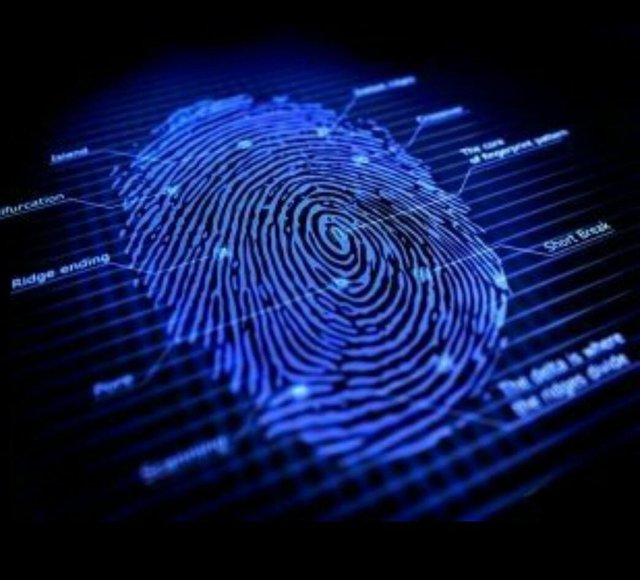Fingerprint the unique identity research
Fingerprints
Human fingerprints are detailed, nearly unique, difficult to alter, and durable over the life of an individual, making them suitable as long-term markers of human identity.

Before computerisation, manual filing systems were used in large fingerprint repositories. Manual classification systems were based on the general ridge patterns of several or all fingers (such as the presence or absence of circular patterns ). This allowed the filing and retrieval of paper records in large collections based on friction ridge patterns alone.
The secretion, skin oils and dead cells in a human fingerprint contain residues of various chemicals and their metabolites present in the body. These can be detected and used for even forensic purposes. Researchers have developed methods of identifying users of marijuana, cocaine and methadone from their fingerprint residues.
In the United States, the FBI manages a fingerprint identification system and database called the Integrated Automated Fingerprint Identification System, or IAFIS, which currently holds the fingerprints and criminal records of over 51 million criminal record subjects and over 1.5 million civil (non-criminal) fingerprint records.
Nowadays we are using fingerprints to unlock our mobile phones. But that's not enough, Fingerprints can play a lot more roles in our daily lives. Driving license, identity card, ATM card and many more thinks could be replaced or atleast use to save some data's and passwords. Our technology should admit and utilities this biological miracle.